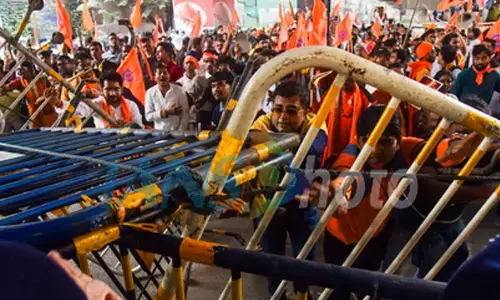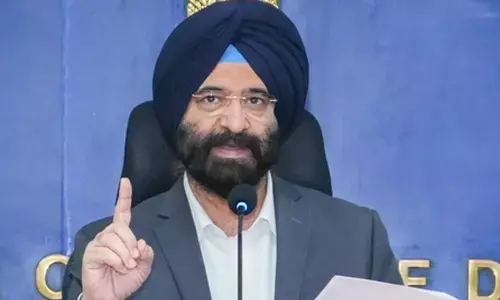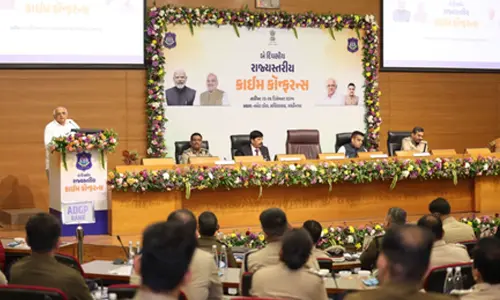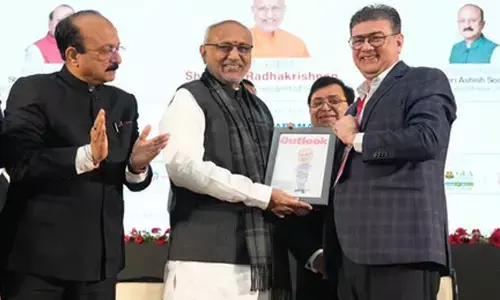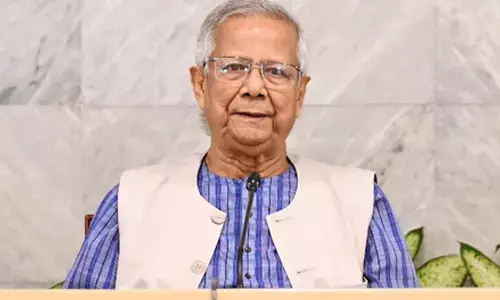Big blow to small savers
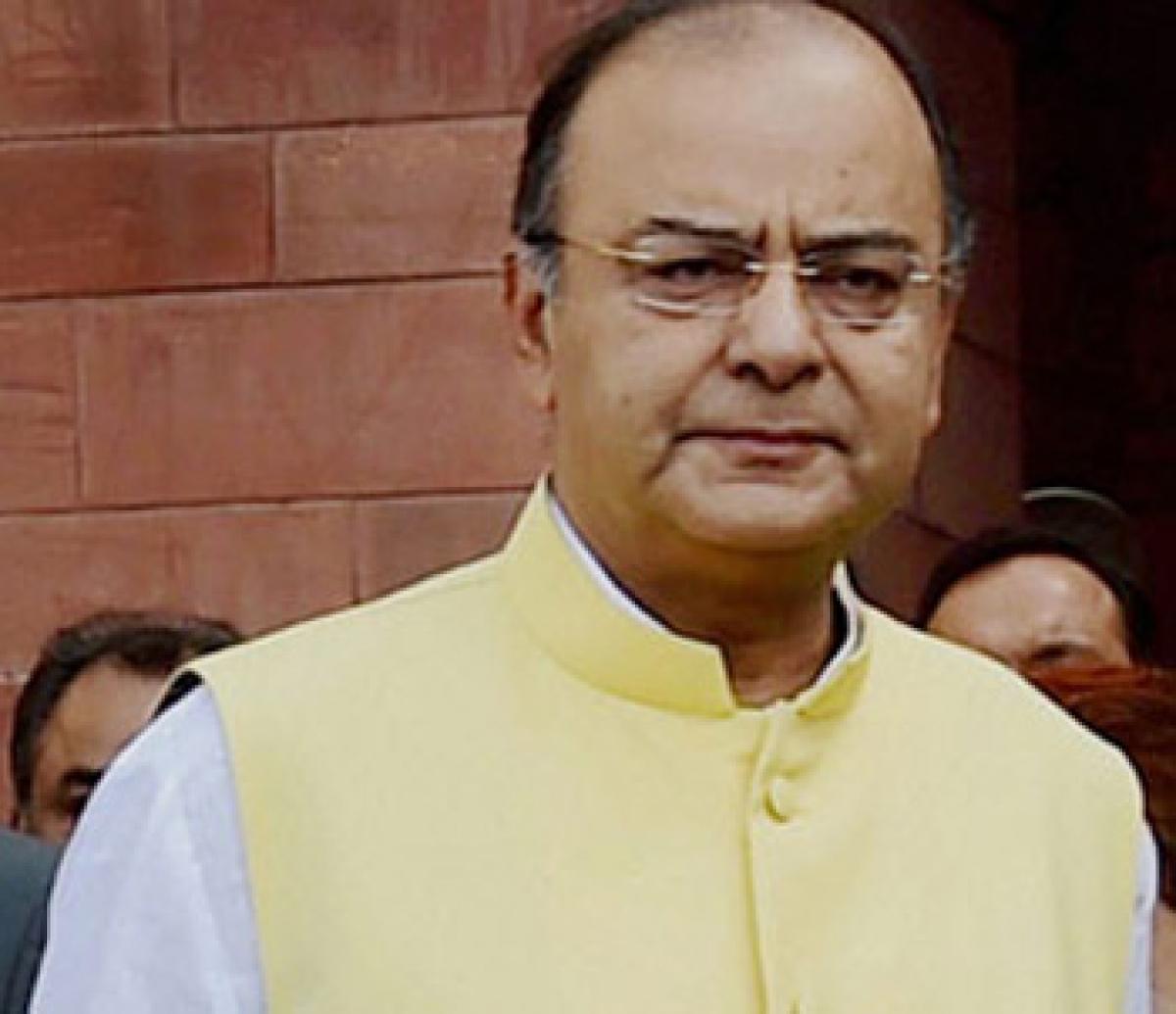
Dealing a major blow to small savings depositors ahead of new Budget, the Centre has cut rates on short-term post office deposits by 0.25 per cent. The employees\' provident fund interest rate was only marginally raised to 8.8 per cent from the existing 8.75 per cent. It is disappointing that Finance Minister Arun Jaitley should target small retail depositors in his bid to save the banking sector
Dealing a major blow to small savings depositors ahead of new Budget, the Centre has cut rates on short-term post office deposits by 0.25 per cent. The employees' provident fund interest rate was only marginally raised to 8.8 per cent from the existing 8.75 per cent. It is disappointing that Finance Minister Arun Jaitley should target small retail depositors in his bid to save the banking sector which is groaning under weight of bad loans.
The government also cites global slowdown and higher interest rates in India. It further says it will bring small savings rates on a par with bank deposits. Instead of taking its medicine and treating the ills like NPAs plaguing the banking sector by taking on willful defaulters, the government has chosen to make vulnerable sections like retired employees pay for no fault of theirs.
Jaitley argues banks are not able to meet industry demands for lower rates on advances. They need to cut deposit rates for that, but are helpless due to higher rates on small savings schemes and, hence, the government intervention.
Minister of State for Finance Jayant Sinha informed the Lok Sabha on December 11 that total NPAs across the entire banking system for scheduled commercial banks were Rs 3.47 lakh crore. Willful defaulters owed more than Rs 64,300 crore to PSU banks, he said. Such defaults and consequent write-offs plunged three PSU banks, namely Central Bank of India, Allahabad Bank and Dena Bank, into losses.
Former RBI Deputy Governor K C Chakrabarty calls write-offs of willful defaults as nothing but a ‘scam.’ A strong political will is lacking to arrest the culture of willful defaults and tackle crony capitalism in the banking system. From Satyam to Sahara scams, one saw enough of banks’ complicity.
However, there is a silver lining. Seeing red over PSU banks writing off as much as Rs 1.14 lakh crore bad loans during 2013-15, the Supreme Court has sought list of all defaulters who owe over Rs 500 crore and continue to lead “lavish lifestyles.” The government should not jeopardise the interests of millions of working people and retirees who deposit their meagre savings in small saving schemes.
It puts the very social welfare state concept of India at stake. The government itself would be deprived of the opportunity to utilise huge domestic savings to finance its budget requirements. It is not corporates but small depositors who contribute huge chunk of savings, which saved India even from global financial meltdowns in the past.
In rural areas, in the absence of banks, people depend on post offices and other small savings instruments. If such schemes become unattractive, they would move towards Ponzi schemes and speculative markets and thus risk losing their entire savings. As it is, in the past two fiscals, small savings collections dropped by as much as 57 per cent.
Purely a financial maneuver, which may save government $700 million a year as per estimates, Jaitley’s move to cut small savings rates is bereft of political pragmatism and any social rationale. He should retain existing interest rates on small savings and find other ways to meet industry needs.








